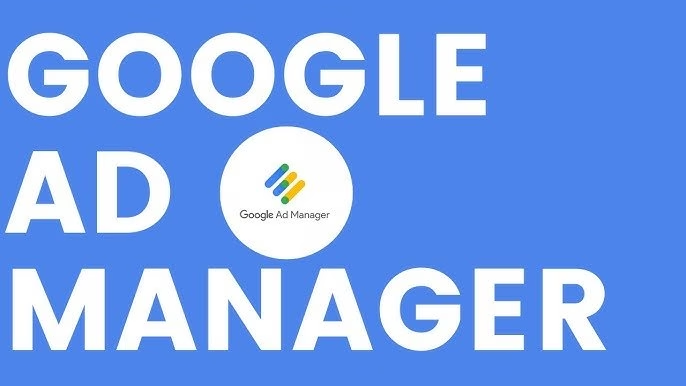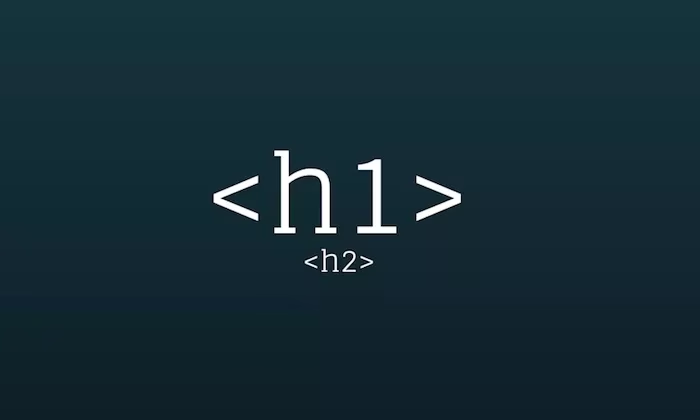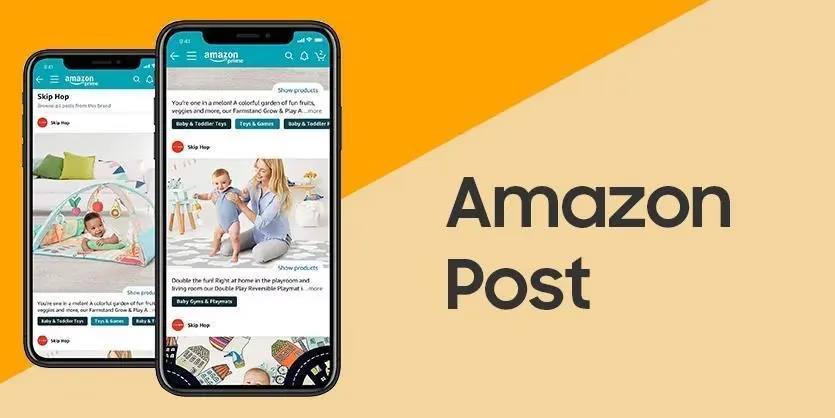You might be familiar with the world of cloud computing. It has taken the world by storm in recent years, offering businesses and users numerous opportunities. However, it’s also notorious for being complex. Especially, the terms in it, like SaaS, PaaS, etc., get thrown around a lot.
Like these IT terms, you might have heard about IaaS. Today, I’ll talk about what it means and how it can affect your e-commerce store.
What Is IaaS?
These acronyms are related to cloud technology. And if you choose the right one for your e-commerce store, it can make a big difference.
Services are of four types: IaaS, Software as a Service (SaaS), Platform as a Service (PaaS), and serverless.
IaaS is the acronym for infrastructure as a service. With this type of cloud computing service, one can get compute, storage, and networking resources. All of this is on-demand – on a pay-as-you-go basis.
There are two ways you can go about storing your data. One is on-premises, and the other is using a remote solution. On-premises data centers can be costly, but an IaaS solution can help you reduce the maintenance costs associated with on-premises data centers. Moreover, it helps save money on hardware costs and gain real-time business insights.
You can scale your IT resources as needed. It also helps with new applications and empowering your underlying infrastructure.
What IaaS Means For Your Website
If you’re creating a modern website, most probably, it will be hosted in the cloud. You won’t find many companies that have their own servers. Why not let someone else manage a big part of their online presence, at a bit of cost? IaaS, SaaS, and PaaS are simple ways to describe how users get those services.
These technologies differ when it comes to the level of control you have over your website.
Infrastructure as a service is suitable for businesses with complex e-commerce websites because it offers greater flexibility and control.
Today, 9 out of 10 businesses use the cloud. Soon, you’ll see that cloud data centers will process many workloads. As more companies start to use the cloud, it becomes necessary to learn about how it works.
Cloud Computing: IaaS Vs. SaaS. Vs. PaaS. Vs. Serverless Computing
Cloud computing is all about focusing on what you do best and leaving the rest to experts. You know your skill sets so that that cloud computing can help you differently from a person in another industry.
For example, if a company has limited resources, it’ll focus on the basics of creating a functional, appealing store while leaving complex things to an external company.
On the flip side, a big company may handle more complex functions on its own.
IaaS, SaaS, PaaS, and Serverless Computing are tools that provide businesses with the flexibility to control various aspects of the cloud.
IaaS
With this cloud-based technology, you can replace the hassle of maintaining an on-site infrastructure. Compared to that, businesses had their own data centers in the past, which was costly (Along with many other disadvantages). Moreover, most businesses don’t know how to do it without an external company’s help.
Now, IaaS has made it much more efficient to utilize the cloud. You don’t need to maintain infrastructure. Instead, pay someone for their servers, networking technology, storage, and data center space.
If you run an e-commerce business, then it’s good news for you. You won’t have to worry about the highly technical aspects of running a web application. Moreover, you’ll save a lot of money. Companies like AWS, IBM, and Rackspace are here to make your life easier.
Even though someone else is handling the hard part, this option still leaves you in charge of the following aspects:
- applications
- data
- runtime
- middleware
- O/S
PaaS
This is similar to IaaS in the sense that it leaves key components to the provider. However, it also allows you to outsource runtime, middleware, and OS.
You can develop, run, and manage applications without having to worry about the infrastructure behind them.
However, it means that you have less control over how you run your e-commerce site than with IaaS.
Serverless Computing
This efficient way of computing is very similar to PaaS. However, it has a few differences. The major one is that serverless is event-driven. You pay only for what you use, whereas with PaaS, you pay a monthly fee and have a limit to what you can use.
SaaS
For many people, SaaS is the quickest and easiest way to set up an e-commerce store. Using providers like Shopify, you use third-party platforms and apps to create a functional store quickly.
How Can IaaS Affect Your E-Commerce Site
With the wonders of cloud computing, you don’t need to buy expensive hardware. Instead, you purchase services on a pay-as-you-go basis. This has introduced a lot of services to e-commerce business owners.
First, let’s talk about SaaS. It enables you to bypass the necessary IT skills required to create a competitive store. But it comes with limitations.
Do you have the type of business that can handle the more technical aspects of running an e-commerce site? Do you want to make the most of those skills without building your infrastructure? Then, IaaS is your friend. It lets you strike a profitable balance.
You can utilize cloud services as needed and scale them as required. You’ll have maximum control over your store. This way, you can use your creative and IT skills efficiently without spending money on your own infrastructure.
What cloud computing technology do you prefer? Let me know in the comments below!







7 comments
Excellent breakdown, I completely agree with the challenges you described. For our projects we started using an AI-driven system called AI link building by OptiLinkAI, and it has simplified the entire process. It’s refreshing to see technology finally making link acquisition smarter, not just faster.
Its like you read my mind You appear to know so much about this like you wrote the book in it or something I think that you can do with a few pics to drive the message home a little bit but instead of that this is excellent blog A fantastic read Ill certainly be back
Hi my loved one I wish to say that this post is amazing nice written and include approximately all vital infos Id like to peer more posts like this
you are in reality a just right webmaster The site loading velocity is incredible It seems that you are doing any unique trick In addition The contents are masterwork you have performed a wonderful task on this topic
This post is jam-packed with valuable information and I appreciate how well-organized and easy to follow it is Great job!
Your blog has become an indispensable resource for me. I’m always excited to see what new insights you have to offer. Thank you for consistently delivering top-notch content!
Hello everyone,
I would like to ask for your opinions and experiences regarding website promotion. Nowadays there are so many different options available — SEO, social media marketing, paid ads, influencer collaborations, link building, content marketing, newsletters, etc.
In your experience, which promotional methods are the most effective and efficient in terms of both time and costs? Do some strategies work better for new websites compared to already established ones?
I’d really appreciate hearing your insights, case studies, or even personal tips on what brings the best results in promoting websites.
Thanks in advance!